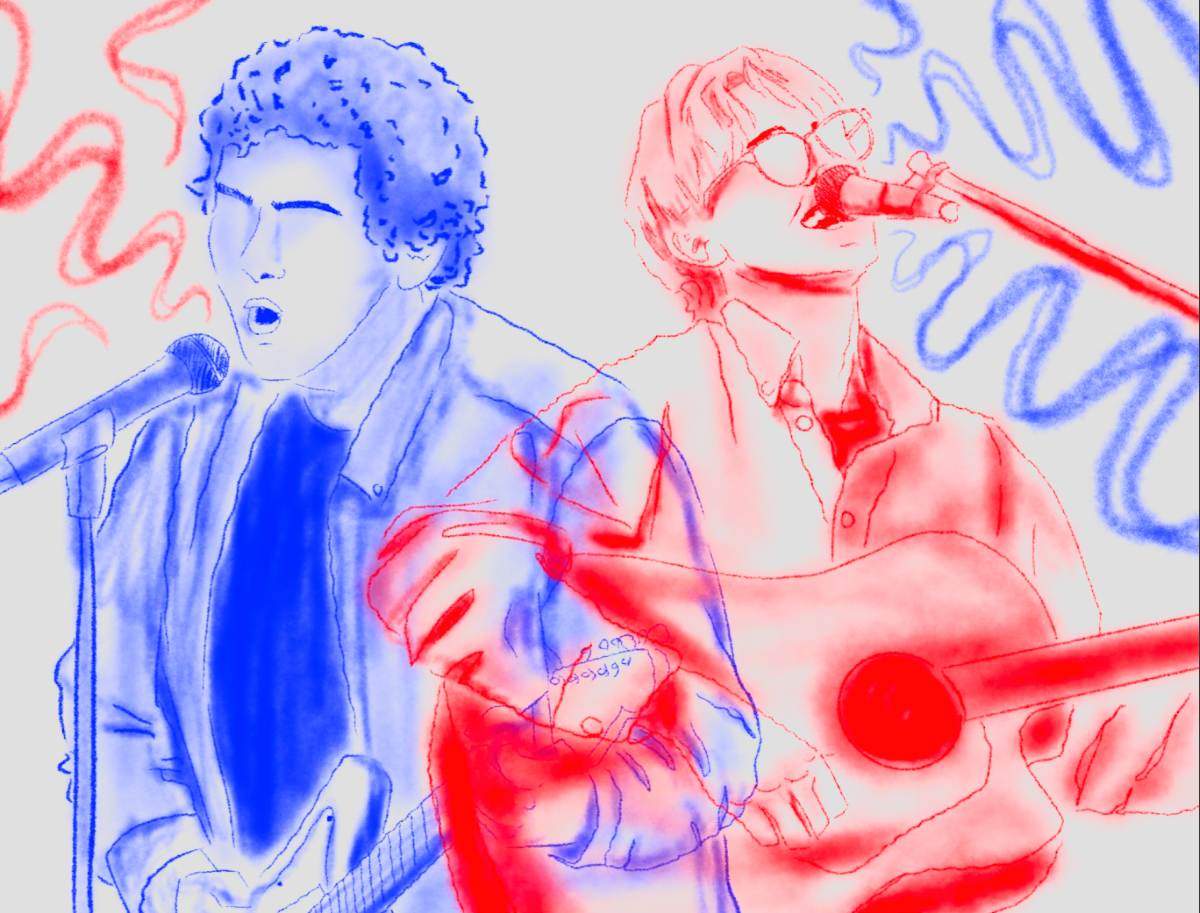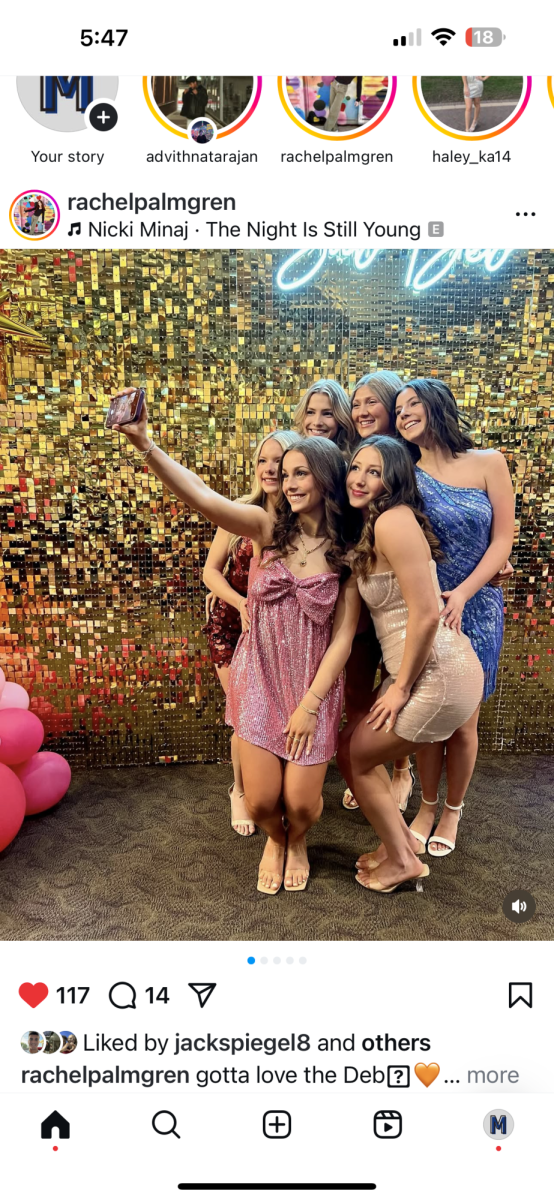‘The Falcon and The Winter Soldier’ continues classic Marvel storytelling
May 5, 2021
The future of the Marvel Cinematic Universe is looking brighter than ever after the release of “The Falcon and The Winter Soldier.”
“The Falcon and The Winter Soldier” was originally meant to be released in 2020 but was pushed back to March 2021. The show follows Sam Wilson, played by Anthony Mackie, the Falcon, and Bucky Barnes, played by Sebastian Stan, the Winter Soldier, as they try to live their lives after the ending of “Avenger: Endgame.”
The show depicts the effects on the world after the events of “Avengers: Infinity War” and “Avengers: Endgame.” After those events, a group known as “The Flag-Smashers” arose, led by Karli Morgenthau, played by Erin Kellyman. The group believed that life was better before people came back, due to people around the world being more united as they tried to get through troubling times. While the comics has a singular person, Karl Morgenthau, as the Flag-Smasher, the series made a group of the same name led by a female, which was a change I enjoyed.
The show has several people you can look at as the villains, but there aren’t very many reasons to. I found it incredibly difficult to try to side against the main antagonist group. They’re mostly anti-villains, in my eyes; they do have very bad execution but good intentions. I think Marvel has had a villain issue with this and its previous project “WandaVision.”
For example, in “WandaVision” they didn’t really make the main villain a villain with a reason, she just wanted power, but what she was trying to do didn’t really get explained much. Then in this show, they don’t choose a specific onscreen antagonist for the entire season, it’s just about you choosing who is the greater evil of the people they show. Is it John Walker, played by Wyatt Russell, Karli Morganthau and her Flag-Smashers, or is it the mysterious Power Broker?
It can be a good thing, if executed correctly, to create different characters who can be a villain and leave it up to the audience to decide, but it didn’t seem to work that well in this. I’ve found myself defending the Flag-Smashers while others try to defend John Walker. It just causes a lot of unnecessary division especially when neither should be considered a villain.
The show tried to surprise the viewers with who the Power Broker was but, similar to Agatha Harkness in “WandaVision,” many fans had already predicted the reveal. It seems like Marvel is trying to be unpredictable with these villain reveals, but it’s extremely predictable.
“The Falcon and The Winter Soldier” also talks about racism in relation to Sam Wilson and his struggle to take on the mantle of “Captain America.”
I’ve heard some people complain about how the show talks about racism in this country because superhero shows and movies provide a place to exist without having to worry about that, but it’s important. Superhero movies and shows are really just a reflection of reality just with the addition of people flying and gods.
“The Falcon and The Winter Soldier” brought in Marvel’s most important character when it comes to racism in America. That character is Isaiah Bradley, played by Carl Lumbly. Isaiah Bradley is a character who was experimented on in order to recreate the “super-soldier serum” that made Steve Rogers the way he is. Those experiments were covered up.
Outside of the addressing of racism, I enjoyed how this show introduces characters who will be important in future projects, although very briefly. Marvel is beginning to introduce several Young Avengers, which is my favorite superhero team, with “WandaVision” introducing Tommy and Billy Maximoff and “The Falcon and The Winter Soldier” introducing Eli Bradley. The show also introduces Joaquín Torres, played by Danny Ramirez, who takes the mantle of Falcon in the comics after Sam Wilson becomes Captain America.
I’ve been enjoying the MCU shows more than the movies, which is strange to me but I like the character growth and development that can take place in several episodes. Shows provide five or more hours of the characters with enough time to show them behaving normally outside of a combat situation, which I think is lost in movies that have a runtime of two to three hours. The shows also allow the characters to focus on their individual struggles more without a constant relation to a villain showing up. “WandaVision” allowed room to show grieving and “The Falcon and The Winter Soldier” allowed room to address racism and show the characters grow and change.
After “The Falcon and The Winter Soldier,” I cannot wait to see what else Marvel has in store for this year.



